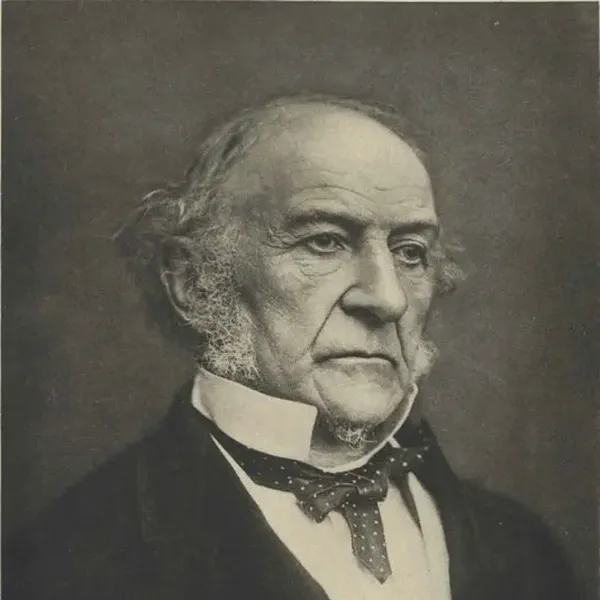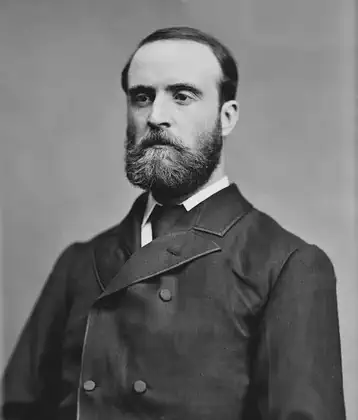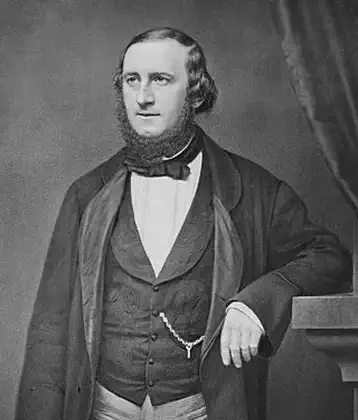On March 11, 1873 in Celtic History
Gladstones irish university bill is defeated

William Ewart Gladstone’s Irish University Bill was defeated in the House of Commons on March 11, 1873. This bill was part of Gladstone’s broader efforts to address various Irish grievances and reform aspects of Irish society and governance under British rule. As Prime Minister, Gladstone was deeply involved in attempts to pacify Ireland and reduce tensions between Ireland and Britain through legislative reforms.
The Irish University Bill aimed to reorganize higher education in Ireland by creating a new, non-denominational university. It was intended to address the issue of access to higher education for Catholics, as the existing Queen’s University in Ireland was seen by many as being Protestant in character and ethos. The bill sought to establish an inclusive framework for university education that would be acceptable to Catholics, Protestants, and others, thereby promoting educational equality and reducing sectarian divisions.
However, the bill faced opposition from various quarters. Some Protestants opposed it because they feared it would undermine the Protestant character of Queen’s University. Many Catholics, including the influential Catholic Church hierarchy in Ireland, were also dissatisfied because the proposed non-denominational approach did not meet their demands for a distinctively Catholic university. Additionally, some Liberals and others opposed the bill for various reasons, including concerns over details of its implementation and governance.
The defeat of the Irish University Bill in the House of Commons was a significant setback for Gladstone and his government, reflecting the complexities of Irish politics and the difficulty of finding solutions that would satisfy the diverse and often conflicting interests of different groups in Ireland and Britain. The failure of the bill also underscored the ongoing challenges in addressing Irish demands for autonomy and respect for Catholic identity within the framework of British rule. The issue of higher education in Ireland would continue to be contentious, eventually leading to further reforms in later years.






